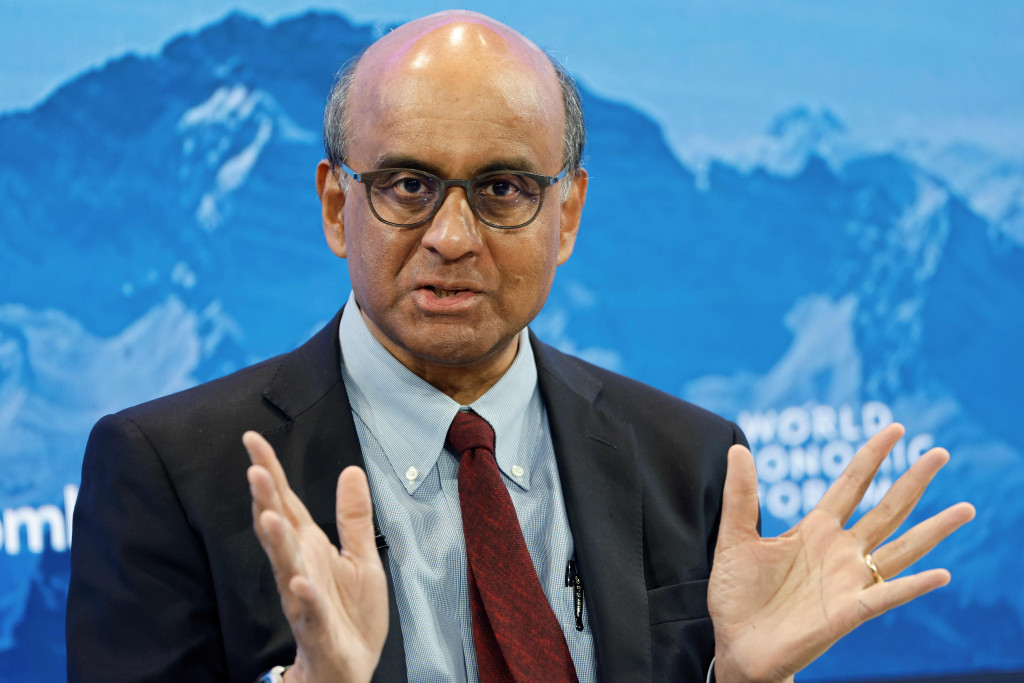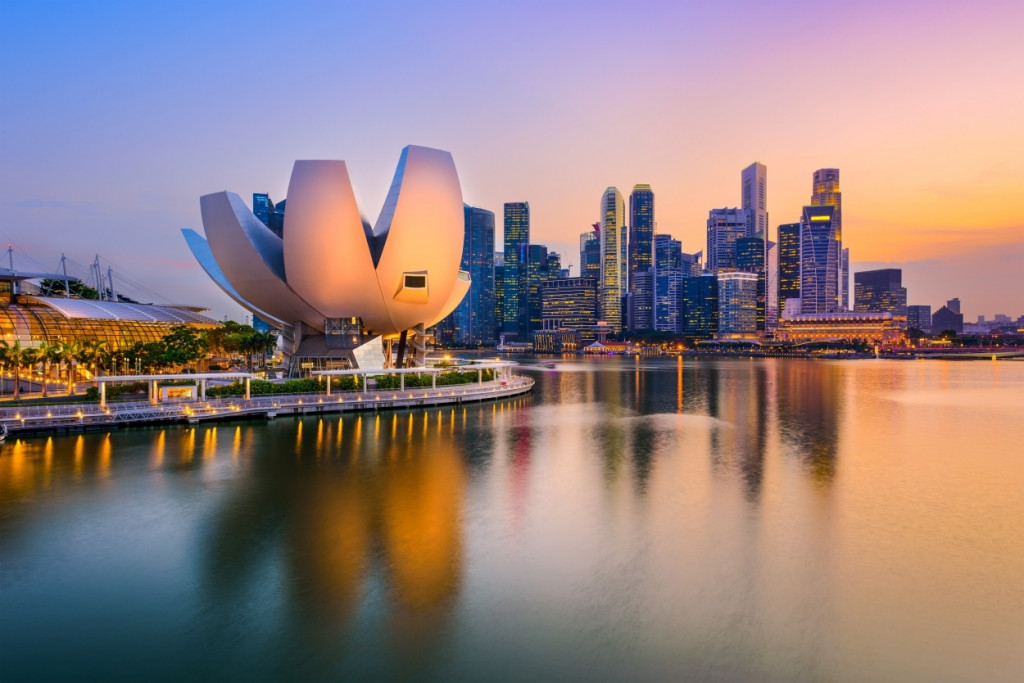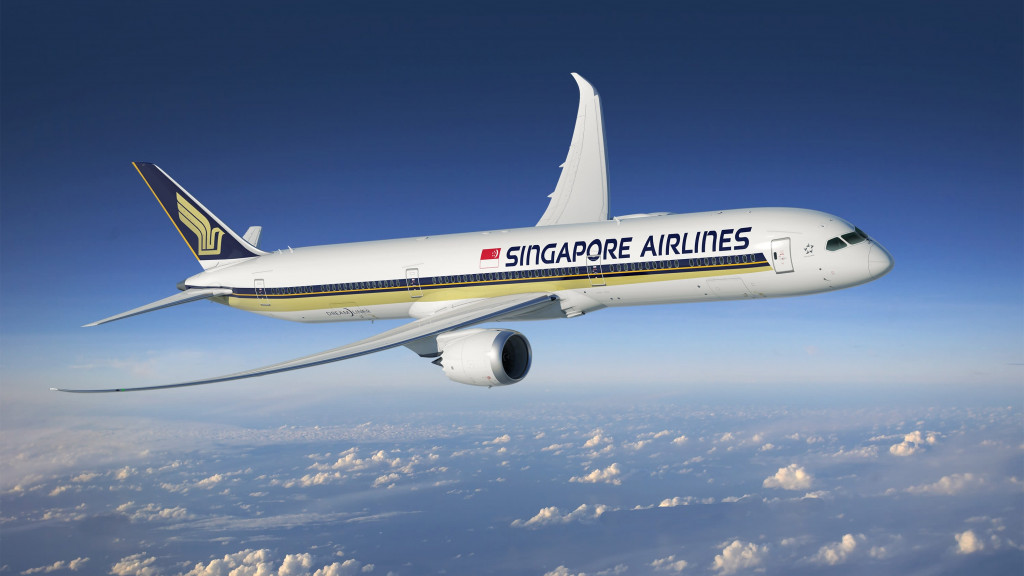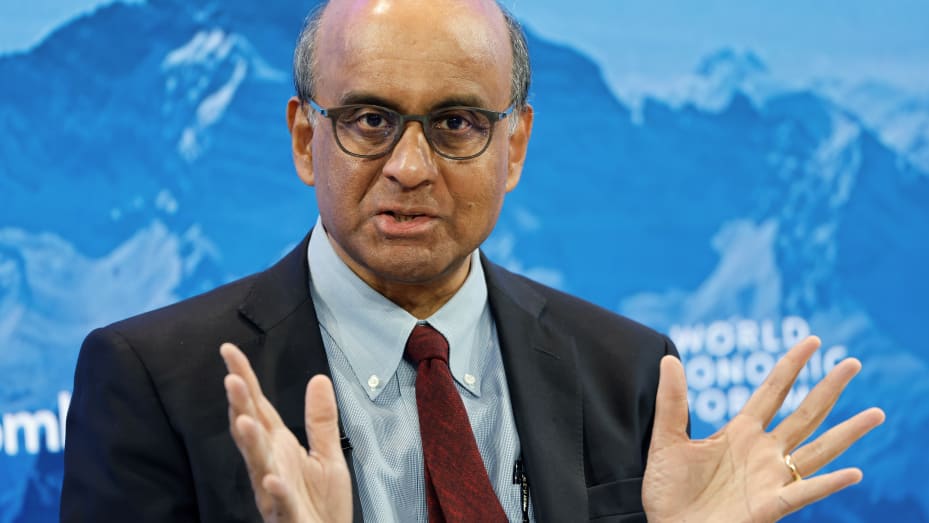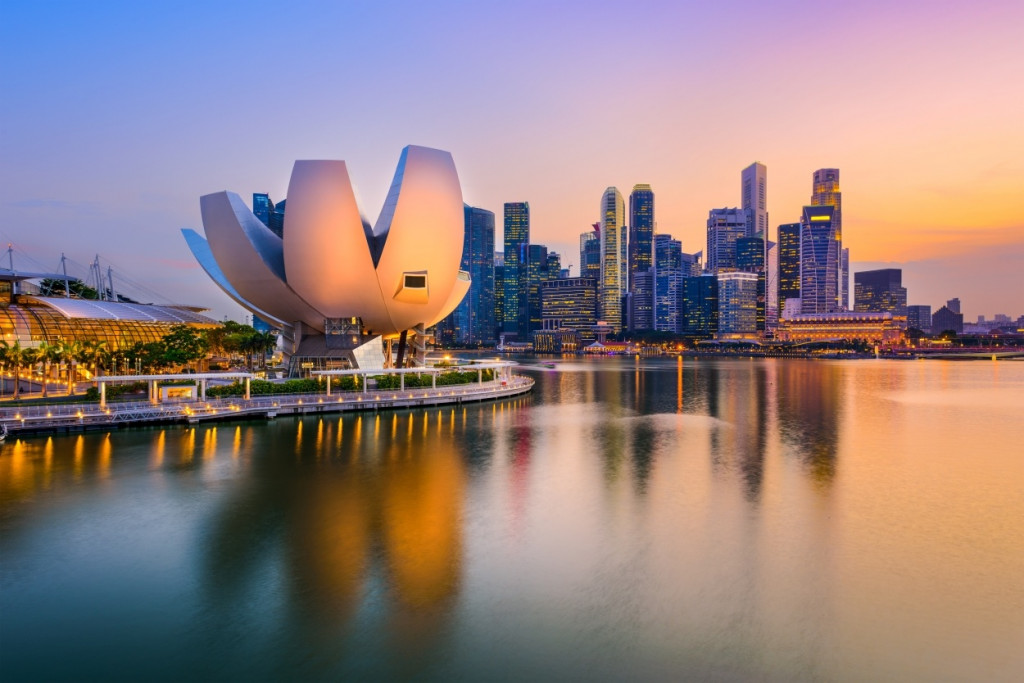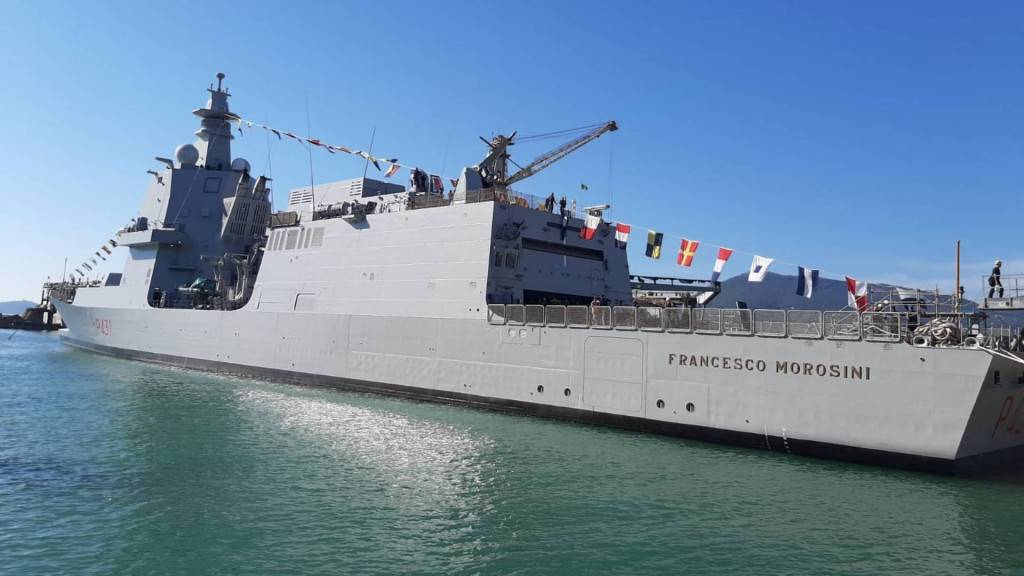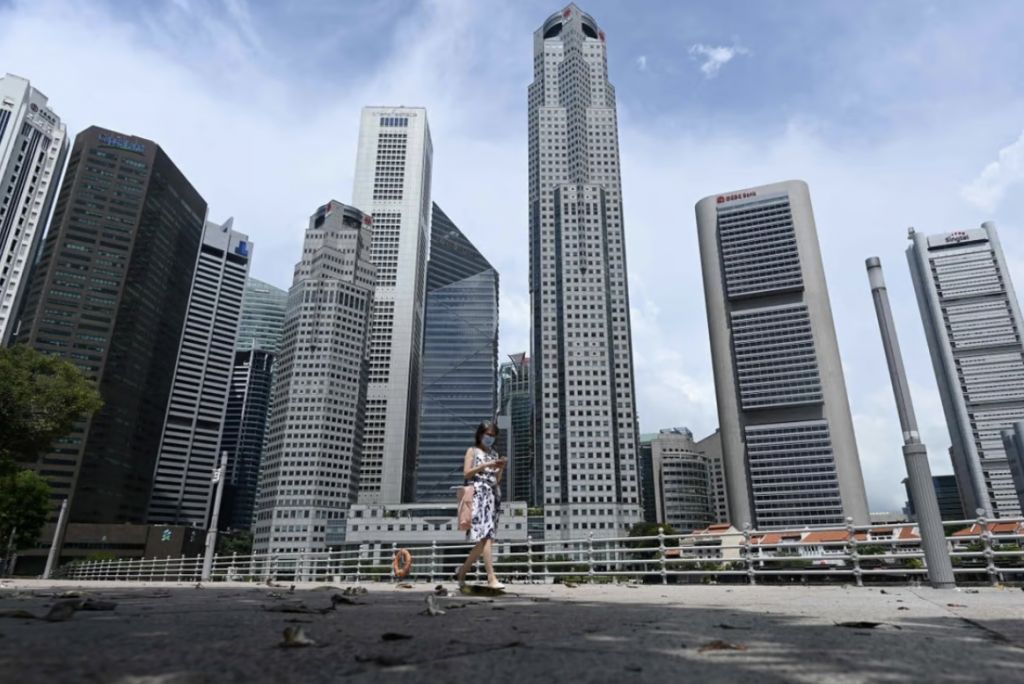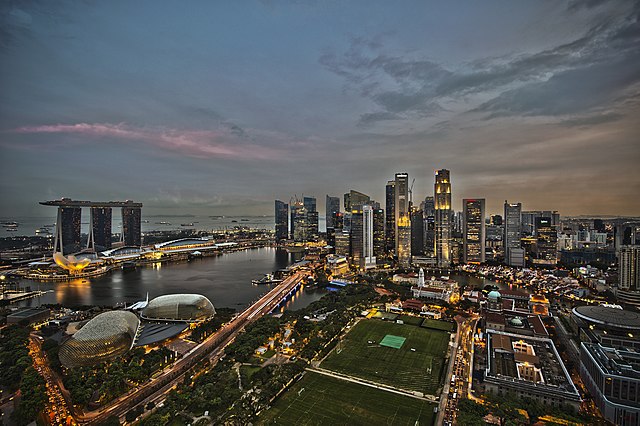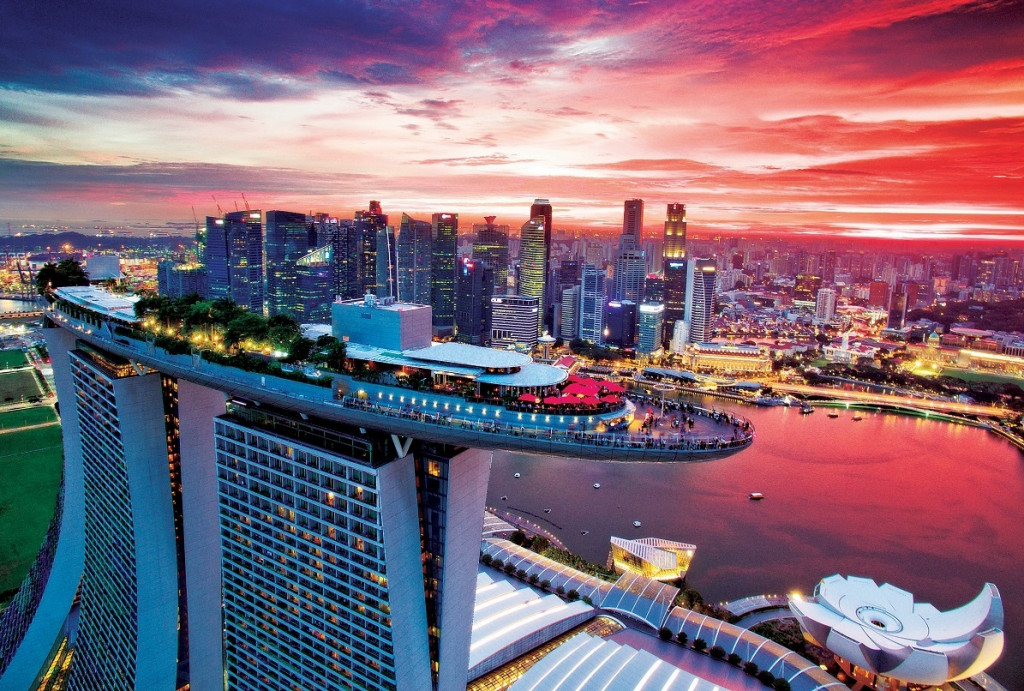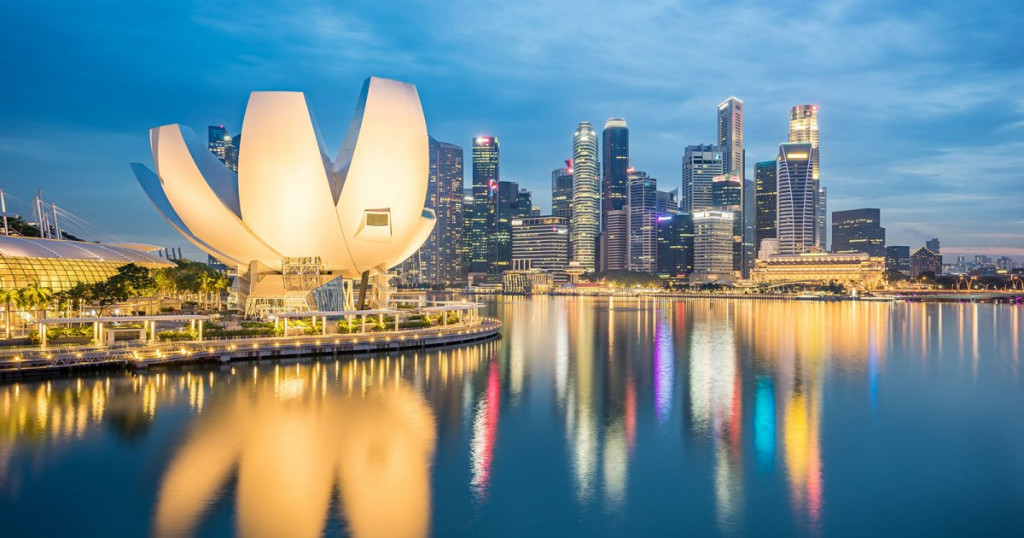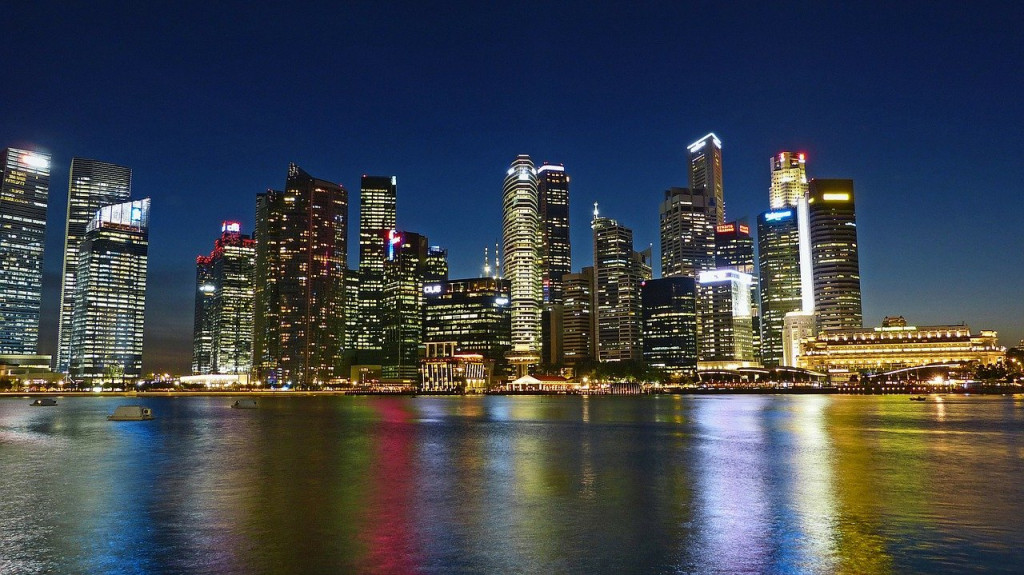The latest rankings record the advance of the city-state, whose government has introduced new tax breaks. It is the preferred destination for the super-rich, from China to Thailand, for depositing their assets.
For the first time since leading corporate service provider and fund administrator Vistra launched its jurisdiction rankings in 2010 — asking hundreds of business services executives to rate the importance of global financial centres based on creditor-friendliness and rule-of-law risk — Singapore has leapfrogged Hong Kong.
Over the past twelve years, Hong Kong has consistently been the dominant of the two Asian jurisdictions featured in Vistra’s top ten. But in 2022, Singapore qualified third, behind the UK and the US, while Hong Kong claimed fourth place.
This is a marginal advantage: 46 per cent of respondents rated Singapore as a very important financial centre for their organisation, while ‘only’ 43 per cent said the same of Hong Kong. However, conditions do not seem to favour yet another turnaround.
“Singapore is a calm island in very turbulent waters,” said a UK-based private solicitor in response to the Vistra questionnaire. The remark seems to refer to the political turbulence afflicting Hong Kong in recent years and the increasingly invasive erosion of the 'one country, two systems' principle governing its relations with Beijing.
Indeed, a worrying wind is blowing from the capital of the People's Republic of China (PRC) for the so-called super-rich. Xi Jinping's drive to consolidate his leadership by promoting allies who are known for their tough stance against the private sector, as well as the prospect of possible new inheritance taxes, have prompted some particularly wealthy Chinese citizens to at least partially sever financial ties with their own country, in what could be described as an ‘exodus of wealth’. In fact, Xi's push for "common prosperity" would appear to be driving investors — who once embraced Deng Xiaoping's dictum that ‘getting rich is glorious’ — to flock to more wealth-friendly places, such as Singapore.
Away from China
"The private sector in China is really in decline," notes Drew Thompson, a visiting senior researcher at the National University of Singapore's Lee Kuan Yew School of Public Policy in an interview with Bloomberg. "This accelerates efforts to migrate and secure one's wealth abroad".
It is not clear whether Xi is intent on stopping the outflow of people and capital from China. Investment migration consultancy Henley & Partners estimates that in 2022 alone, a cohort of around 10,000 wealthy residents sought to withdraw USD 48 billion from the PRC, which represents the second-largest outflow of wealth and people worldwide, after Russia.
Anti-Covid regulations also played a key role in Singapore's advance. While the city-state quickly returned to normal in 2022 — including lifting the indoors mask requirements (one of the last remaining restrictions) in August — Hong Kong remains, like the rest of China, one of the territories with the most stringent anti-Covid regulations in the world. This has also led to an ‘exodus’. According to the European Union Office for Hong Kong and Macao, around 10 per cent of EU citizens residing in Hong Kong left the city this year, and a growing number of employees have requested to be relocated elsewhere. Large companies, such as American multinational investment banking and financial services firm Citigroup, as well as the CEOs of JP Morgan, have also quietly moved a string of equity bankers to Singapore and other markets.
However, Singapore's rise should not be entirely attributed to recent turmoil and Covid-related restrictions in other places. The government of the city-state also has merits of its own, for the benefits of the ‘super-rich’.
Singapore's reputation as a bastion of low-tax security and stability has made it a regional hub for the wealthy, from Thailand to Indonesia. The city-state has been effective in establishing itself international in activities such as fund management and estate planning.
For example, in order to increase its attractiveness as an alternative fund venue, Singapore introduced the Variable Capital Company (VCC) in 2020 — a new corporate entity structure under which several collective investment schemes (whether open or closed-ended) can be brought together under the umbrella of a single corporate entity and yet remain separate from each other. The VCC challenges major fund domiciles such as the Cayman Islands or the UK by offering investors greater flexibility, operational cost savings, and tax benefits.
Singapore's favourable legislation
In recent years, Singapore has also been trying to attract a larger share of Asian clients with rising net worth. Its trust laws offer privacy and tax exemptions to settlors and beneficiaries. With its introduction of the Overseas Networks and Expertise (ONE) pass — a visa that will allow its holders and their partners to work in the city-state for five years — Singapore furthermore became a global talent hub.
Singapore does not provide detailed statistics on where its wealth flows come from. However, according to Bloomberg, the explosive rise of ‘family offices’ — service companies that manage the wealth of one or more wealthy families by acting as coordination centres for financial and administrative management — is symptomatic of the arrival of multiple new tycoons, especially Chinese. At the end of 2021, the number of these offices almost doubled compared to the previous year. Michael Marquardt, whose firm IQ-EQ Asia helps set up family offices, said the number of inquiries from Chinese clients had increased by 25 to 50 per cent from before, to after, the last Chinese Communist Party Congress. Vikna Rajah, head of tax and trustee at law firm Rajah and Tann Singapore LLP, said last June that more than 30 per cent of the clients she has supported in applying for tax exemption were from China, including from Hong Kong.
These newcomers choose Singapore not just as a base for business but for real relocations. For instance, Sean Shi Yonghong, co-founder of Sichuan hot pot chain Haidilao International, paid USD 50 million for a so-called Good Class Bungalow (GCB) in the city-state last September. His business partner, and CEO of Haidilao International, Zhang Yong already established himself in Singapore a few years ago and took up citizenship in 2018. Sun Tongyu, one of the co-founders of Alibaba, also bought a USD 51 million penthouse in the city-state. Other notable Chinese entrepreneurs who have settled in Singapore include Zhang Yiming, founder of ByteDance Ltd, cryptobillionaire Jihan Wu, and Cindy Mi, the founder of VIPKid (a formerly successful edutech company in China until Beijing cracked down on online tutoring). Such newcomers have generated a variety of knock-on effects, from increased sales of luxury cars to skyrocketing prices for villas, and… golf memberships.

